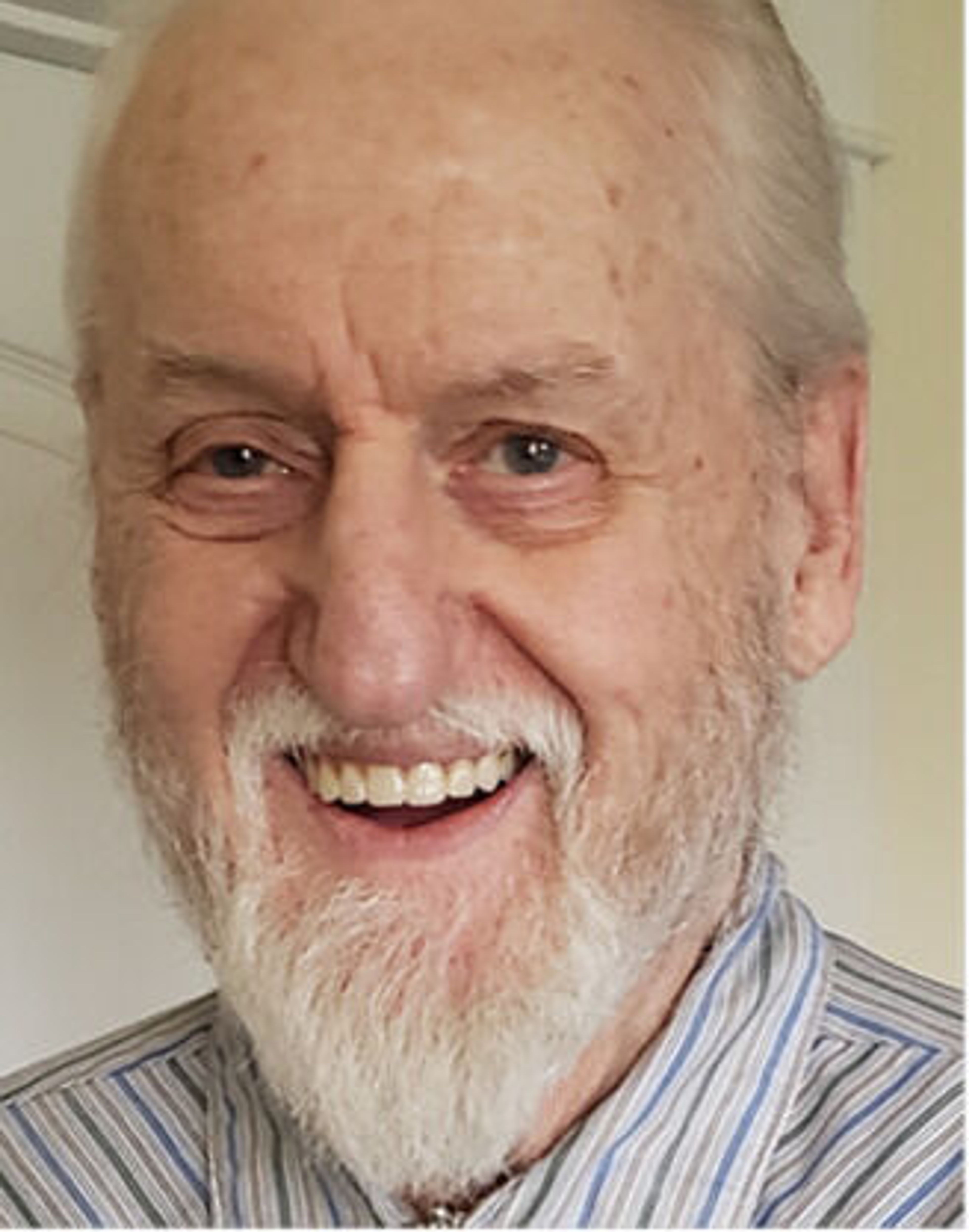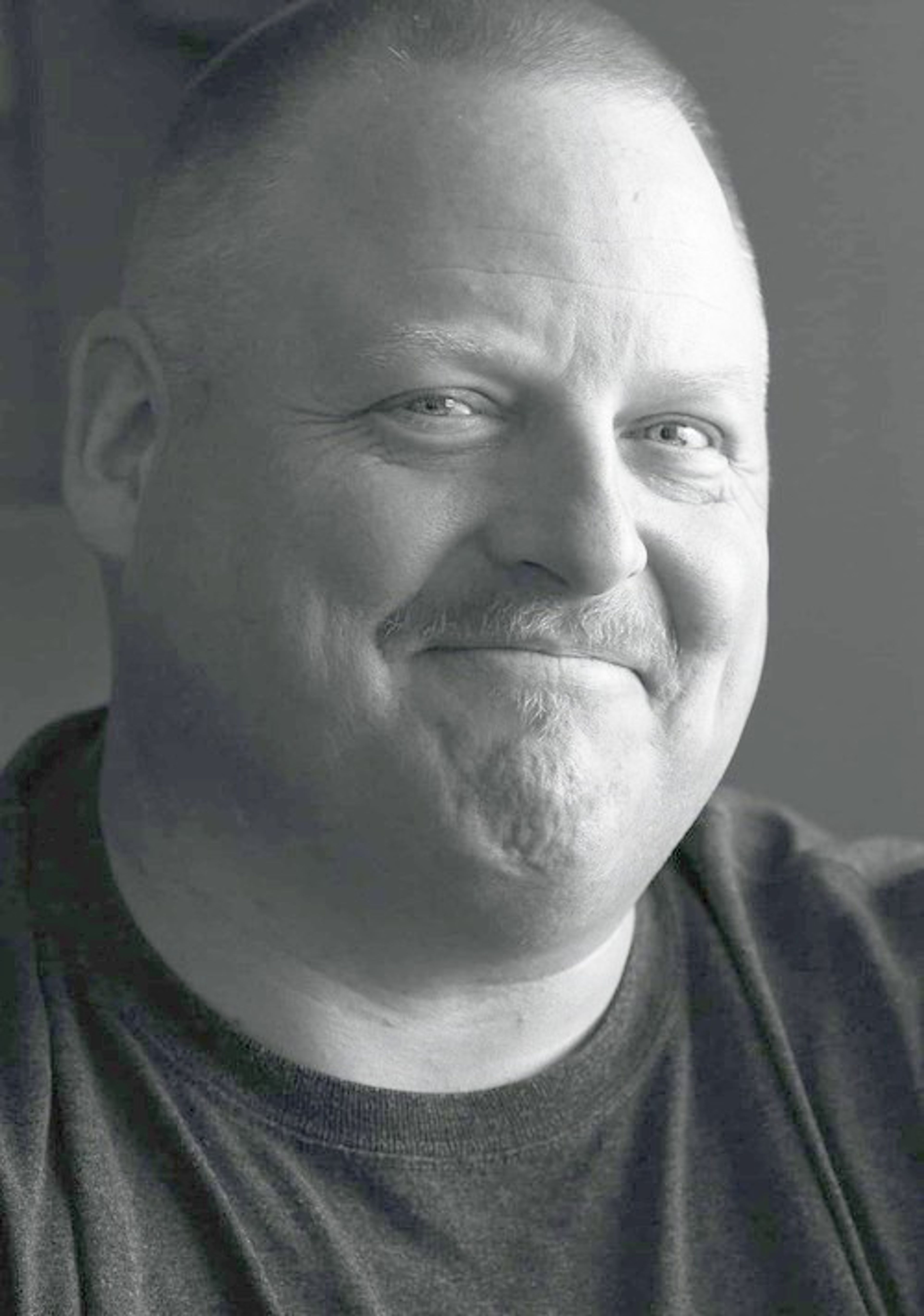I haven’t heard much lately about the throw-away society. Perhaps that’s because it has become so utterly ubiquitous, so omnipresent that we don’t even notice its existence.
But it was figuratively thrown in our faces as Ruth and I drove several times between Eatonville and Puyallup during a recent West Side visit that took us past the mountainous, plastic-tarp-covered Pierce County landfill near Graham.
There, a 168-acre pile of throwaways rises high above the highway. That’s the equivalent of 222 football fields.
Most likely, few people under the age of 70 or so even know that there was a time when people made do with what they had, took care of it, repaired it and treasured it.
Nine years ago, Pope Francis issued Laudato Si’, an 184-page encyclical letter condemning the throwaway cultures of industrialized nations that need a great cultural, spiritual and educational challenge.
“Since the market tends to promote extreme consumerism in an effort to sell its products, people can easily get caught up in a whirlwind of needless buying and spending. compulsive consumerism,” the Pope wrote.
But Laudato Si’ is more than an environmental and economic encyclical. It also promotes social justice and what I shall call “human factors.”
Here we come to a prevalence of consumerism’s adversarial effects on individuals and families.
My philosophical and religious view is that it’s not just material things that our consumer cultures are throwing away, but people, too.
Pope Francis lamented that we “overlook the abandonment and neglect ... experienced by some rural populations which lack access to essential services and where some workers are reduced to conditions of servitude, without rights or even the hope of a more dignified life.”
Unfortunately, it isn’t just a rural problem. Witness urban homelessness with some Seattleites working three part-time jobs and sleeping in their cars.
I’m in full sympathy with most of the Pope’s concerns (I am a member of the Church of Jesus Christ of Latter-day Saints), but in my view, there is another manner in which we “throw away” family and friends.
Some of it comes from the geographic mobility of industrialized societies, and is now forming in our burgeoning Information Culture, but I perceive its presence even in middle-class families. Perhaps we could call it a familial disorder in which family members grow apart and make little if any effort to stay in touch with family.
My maternal grandfather was known for stopping along the way to visit family as he traveled between Lewiston and the Salt Lake Valley.
I’m thinking of my Great Aunt Maud (Day) Zindel, who, in widowhood, traveled the Northwest by Greyhound bus visiting her extended family. How well I remember the bus stopping in front of our house on Highway 410 in Kennewick to let her off with her suitcase and portable typewriter.
At every stop, Aunt Maud collected all the news about the family and included it in letters to other relatives.
I’m also known for visiting along the way, keeping in touch not only with family but with friends. Our Christmas letter goes to more than 125 addresses, many of them for friends from former years.
I also keep in touch with my Air Force roommate (1959-1960). Several times a year, I drive to Kennewick for lunch with about a dozen of my high school classmates, who meet once a month.
While in the Air Force, in California, I taught a church class for teenagers and have kept in touch all these years with one of the girls, now a widow. Ruth and I visited her on a recent Utah trip to visit our family.
Many of today’s young people move without giving family their new addresses. They depend only on social media if even that.
Certainly, I’m not the only person who keeps in touch, but I feel that it is becoming less and less common, as we just throw away relatives and friends as we move through life.
How sad!
Day served in the U.S. Air Force and was a newspaper writer and photographer for 11 years before moving to Pullman in 1972 where he served on the WSU faculty for 32 years as a science writer. He retired in 2004. He welcomes email (pro or con) at terence@moscow.com.








